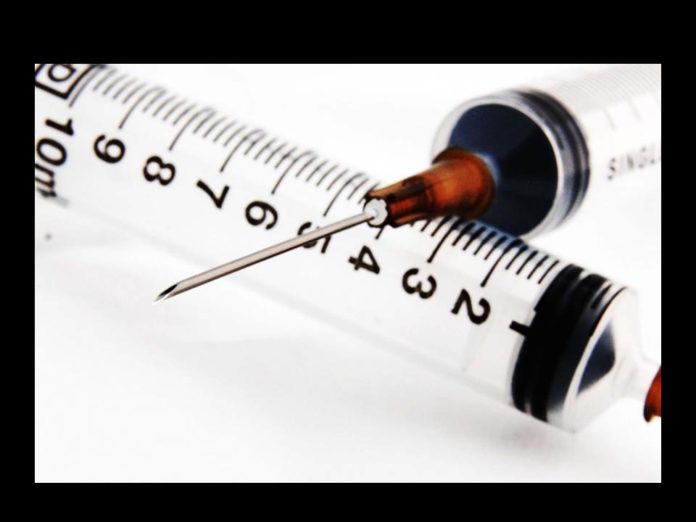CAIRO – In late 2016 the World Health Organization (WHO) identified a number of diseases that broke out out across Somalia as a result of the country’s drought, including measles, which now afflicts more than 30 children in Minnesota’s Somali community.
A WHO press release in late February 2017 pointed to widespread drought conditions as a major cause in the spread of diarrhea, cholera, and measles. This is in part due to the drought severely reducing the availability of safe, clean drinking water.
WHO reports that in the first seven weeks of 2017 alone, over 6,000 cases and 65 deaths from diarrhea and cholera were reported in Somalia. A total of 2,758 cases of suspected measles were reported as of September 2016.
“Somalia is now at a critical point as a result of this drought and environmental hazards and lack of basic services,” said WHO Regional Director for the Eastern Mediterranean Dr Mahmoud Fikri in the press release. “Less than half of the population in Somalia has access to basic health services. WHO is providing all possible support to address the ongoing challenges and reduce the dire consequences of drought and pre-famine.”
Recently measles has begun to ravage the Somali community in Minneapolis as well. More than 30 cases have been reported in Minneapolis, with most of these afflicting unvaccinated children.
On the heels of this, anti-vaccine activist Mark Blaxill addressed a crowd of 90 people Sunday night, most of whom were Somali-American parents, reports the Star Tribune. Blaxill is the co-founder of the Canary Party, a political party which opposes vaccines and other medical advice.
“It should be the right of every parent and family to make their own decisions,” said Blaxill according to the Star Tribune.
Public health officials note that the vaccination rate in the Somali community has fallen amid fears of autism.
“They’re our families,” Dr. Paula Mackey, a worker at a clinic that treats many Somali-Americans, told the Star Tribune. “[Somali parents] are just trying to do what is right for their children, and this misinformation is hurting them.”
Officially, measles was eradicated in the United States in 2000, according to the Minnesota Department of Health. The cases that do occur, usually crop up due to international travel. Minnesota’s current epidemic may be due to travel between the Somali-American community and their home country.
President Donald Trump’s proposed travel bans on Middle Eastern countries listed nations labeled as hotspots of terror. Somalia was one of several countries included on the ban. Depending on the persons involved and the timing of any measles carrying international travel, Trump’s ban may have stopped the spread of measles to Minnesota.
As of April 22, there have been 61 recorded cases of measles in the United States so far in 2017 according to the Center for Disease Control. This is nearly the same total as 2010 and 2016, and more than the 2012 total. 2017 does remain well below 2014’s count of 667 cases, both in total count and in rate over the course of the year.
The WHO did not respond to requests in comment in time for publication.









